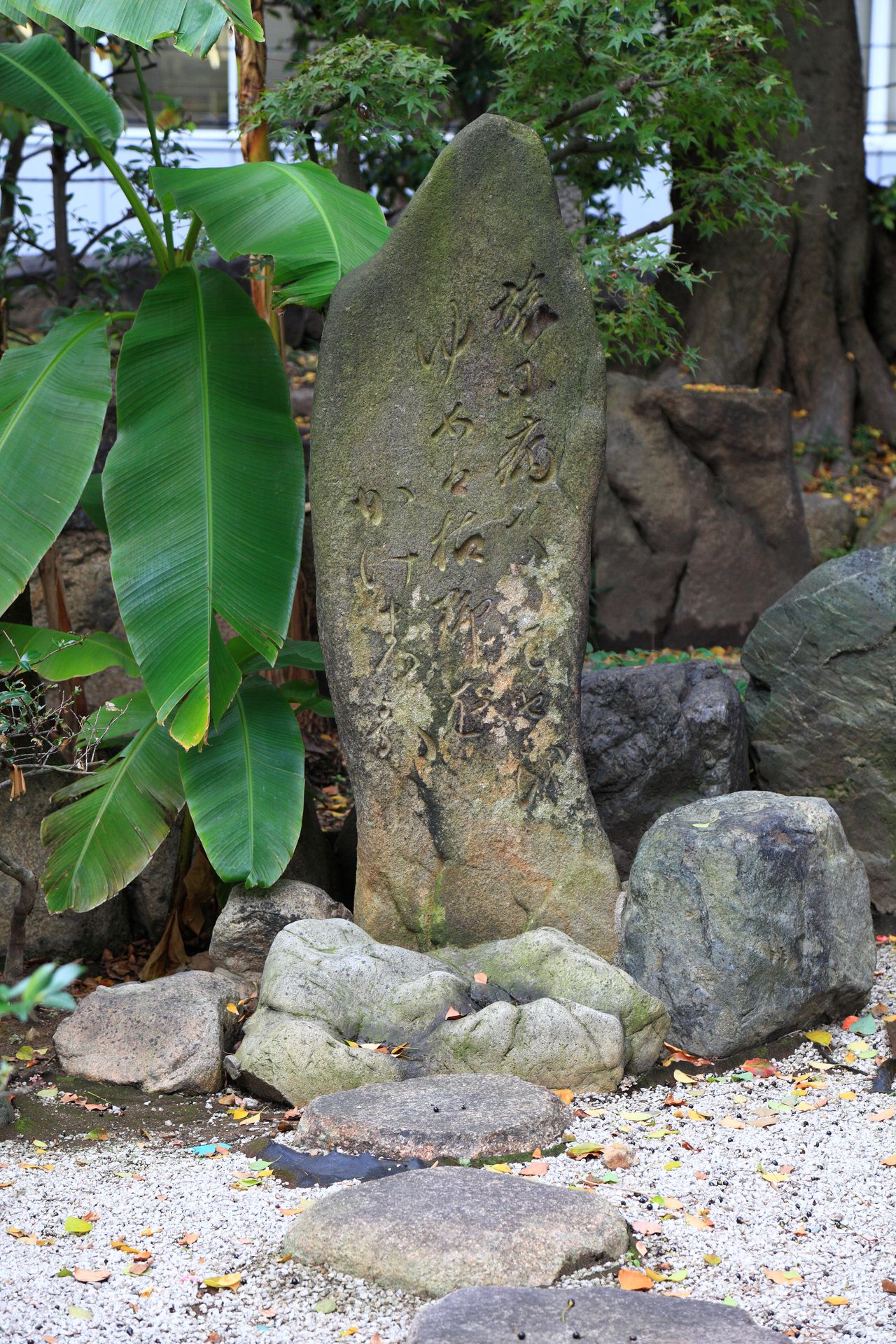
A Journey Through Japanese Haiku
Wandering Dreams
Culture Environment Lifestyle- English
- 日本語
- 简体字
- 繁體字
- Français
- Español
- العربية
- Русский
旅にやんで夢は枯野をかけまはる 芭蕉
Tabi ni yande / yume wa kareno o / kakemawaru
Sick on a journey—
my dreams wander
the withered fields(Poem by Bashō, written in 1694.)
Bashō composed this haiku shortly before his death. It appears on a monument placed in the nineteenth century in the Minamimidō temple in Osaka, not far from where he passed away, although there must be many surprised Japanese visitors more familiar with a version of this well-known poem using kakemeguru instead of kakemawaru—both mean roughly “to wander.”
The haiku alludes to a waka by the twelfth-century poet Saigyō: Tsu no kuni no / Naniwa no haru wa / yume naru ya / ashi no kareha ni / kaze wataru nari (Was the spring / in Settsu’s Naniwa / just a dream? / The wind blows across / withered reeds). This compares the beauty of spring with the desolate landscape of winter. Naniwa was a former name for Osaka, and Bashō travelled there in winter but fell sick. While unable to move himself, his dreams wandered the same landscape as that of Saigyō.
In the poem’s first appearance in a book compiled by Bashō’s disciple Shikō, the word was written in kanji, which could be read either way. Akutagawa Ryūnosuke writes it as kakemeguru in the 1918 story “Karenoshō” (trans. by Charles de Wolf as “O’er a Withered Moor”) of Bashō’s last days, which suggests that reading had become established in the early twentieth century.

The monument featuring Bashō’s haiku in the garden of Minamimidō temple in Osaka. (© Aflo)
However, another disciple called Rotsū writes kakemawaru in a separate collection. There are other records with this reading from people who knew Bashō directly. Meanwhile, Shikō did not begin to champion kakemeguru until more than 30 years after Bashō’s death. Based on material evidence, it is likely that Bashō whispered kakemawaru from his deathbed.
(Originally published in Japanese. Banner photo © Pixta.)
literature haiku Matsuo Bashō Japanese language and literature